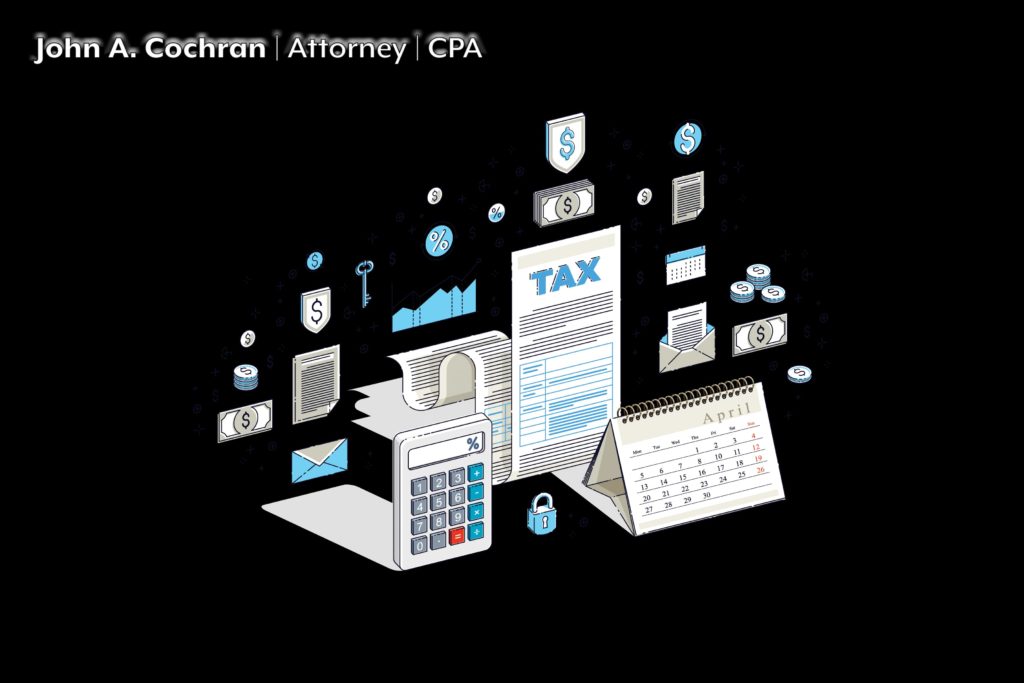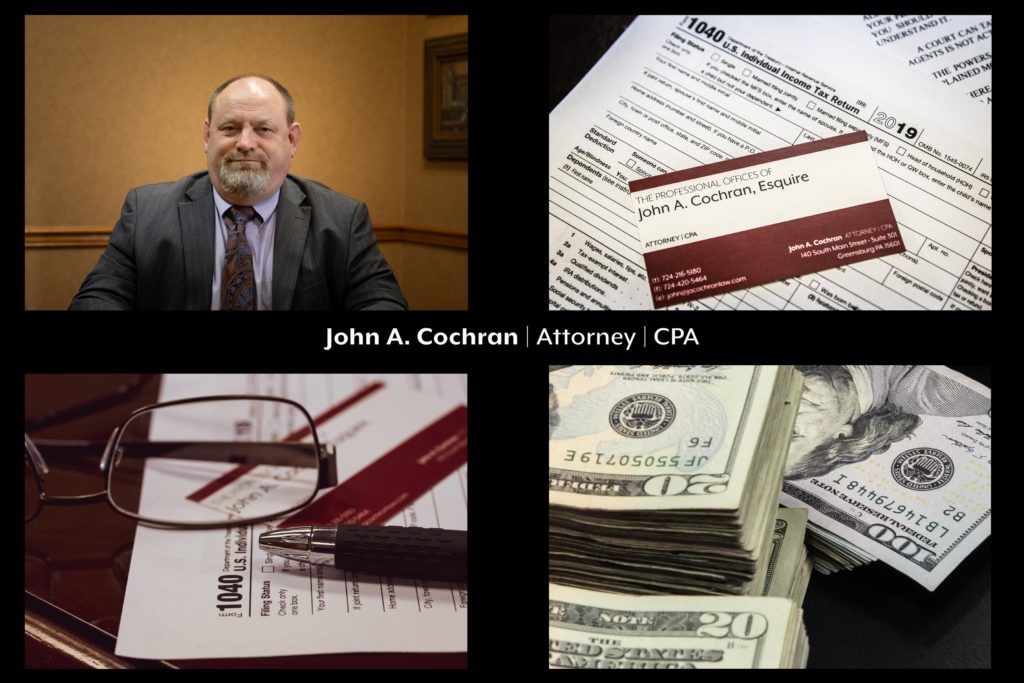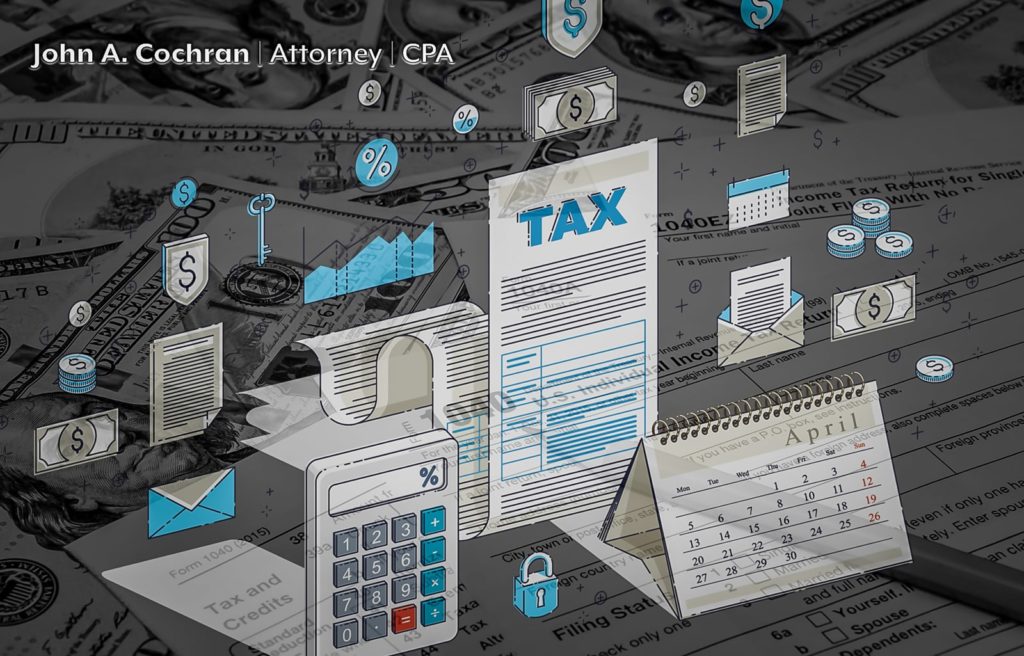
The much-anticipated economic impact payments have started rolling out across the nation. If you’re expecting an economic impact payment, you may be waiting expectantly. Americans eligible for the payment check their online banking statements like kids on Christmas looking to see if Santa came. Those receiving paper checks will have to wait weeks more.
Tens of millions of Americans will receive their payments without issue. Well, this is the federal government, we know there will be glitches and delays. Aside from the usual red tape, the CARES Act has a few loopholes that could eat into that Christmas morning miracle.
1. Child Support Arrears
Anyone who owes child support can have their checks fully or partially garnished like their wages. Note: married couples where one spouse is behind on child support from a previous relationship can see their payments garnished, too. That’s right, the current spouse could see some or all of their portion taken as well.
2. Private Collection Agencies
Currently, anyone in collections may also see those funds diminished. Debt collectors can freeze bank accounts, too. If this feels sneaky and underhanded, there are a number of senators who agree. They’re working with both the Treasury Department and states to close this loophole. But for now, it’s still perfectly legal.
3. Parents of Teens Over 16
As is true of regular tax filing, the child tax credit cuts off by at a kid’s 17th birthday. This may come as a big surprise when you’re counting heads around your dinner table. The IRS doesn’t count older teens as dependents eligible for the $500 dependent payment, regardless of how much they cost you in groceries.
4. College Students Still Claimed by Someone Else
College students under the age of 23 that are still claimed by someone else are not eligible to receive payments. Those claiming them as dependents will likewise not receive funds for claiming them as a dependent child. This is true even if the student lives on their own and has a part-time job while going to school.
5. Disabled, Elderly or Otherwise Dependent Adults
Adults claimed by someone else for tax purposes are not eligible to receive a payment. Neither are their caretakers – including adult children – able to claim them as dependents for the $500 payment.
The government’s economic impact payment program has additional holes, creating even more questions. The IRS is notoriously difficult to get answers from. This is especially true now with a skeleton crew pumping out unprecedented checks to tens of millions of people on antiquated computing systems. Figuring out the CARES Act and how loopholes affect your payments could require a more trained eye. If you’re expecting an economic impact check and need help, call our office at 724-216-5180 or complete our online form.








